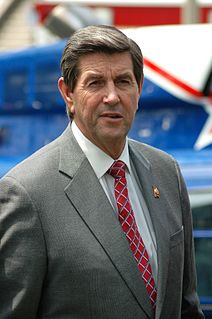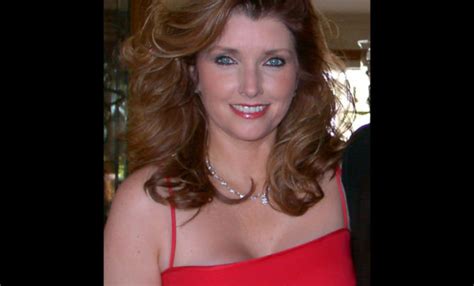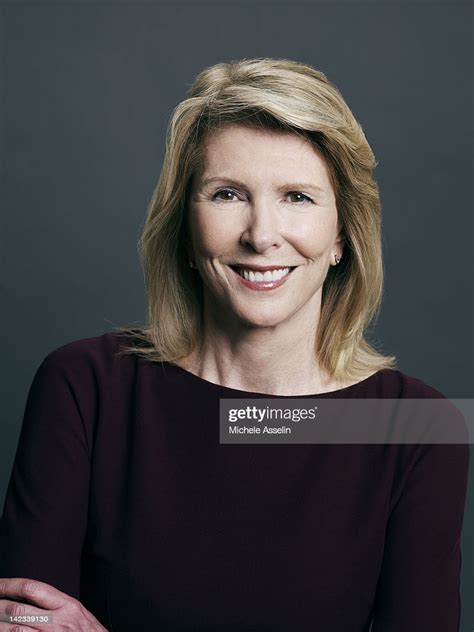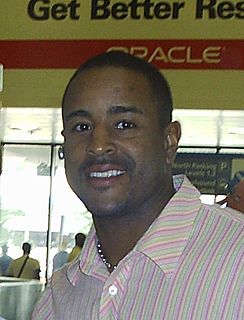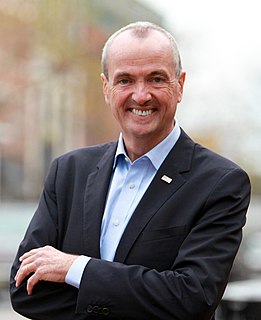A Quote by Bob Riley
I think you'd change Alabama fundamentally if in six years someone said, 'If you want the best education in America, you've got to live in Alabama.' you'd change economic development, change the image of this state, you'd offer these kids an opportunity they otherwise would never have had.
Related Quotes
The children of Birmingham did not really die in the State of Alabama, however, because Alabama is a state of mind, and in the minds of the [white] men who rule Alabama, those children had never lived [...] their blood is on so many hands, that history will weep in the telling...and it is not new blood. It is old, so very old.
I've heard the term ["silent majority"], but for the last 20 years I really haven't heard the term. But I went to a rally in Alabama, and there were 31,000 people there, you've seen it, you've read about it. And I looked and I said, this is the silent majority. Though they weren't silent, because they want to see proper change, not [Barack] Obama change.
Two years gives you enough time to grow and to change, and to, you know, change your priorities. Change where you live, change your hair, change what you believe in, change who you hang out with, what’s influencing you, what’s inspiring you. And in the process of all of those changes in the last two years, my music changed.
My generation was going to change the direction America took. I was completely convinced that we would have a very different kind of society as a result of the protests that I was part of, and I think that's partially true. We obviously never really got to what many of my generation believed was possible, but the amount of change I've seen in my lifetime, both social change and political change, is staggering. I think my generation can take a little bit of credit for that by just opening up the conversation.
I was neurotic for years. I was anxious and depressed and selfish. Everyone kept telling me to change. I resented them and I agreed with them, and I wanted to change, but simply couldn't, no matter how hard I tried. Then one day someone said to me, Don't change. I love you just as you are. Those words were music to my ears: Don't change, Don't change. Don't change . . . I love you as you are. I relaxed. I came alive. And suddenly I changed!
There seems to be something in the zeitgeist, and maybe it's a function of - I'm no analyst, nor am I a psychologist - when you look at things and say, What if I could go back and change things? I think we live in a world right now where people are asking those questions a lot. What if we could go back and change what we did? How would we change the way we handled things in the Middle East, and how would we change things with the banking industry, and how would we change economic and educational issues?
A lot of people complain about yesterday. We have no power to change yesterday. But this very day, 30 years later, is what we can control and decide. Change yourself, take baby steps, and stay determined for ten years. I thank the times of change and everyone’s complaints. Because when everyone is complaining, that is your chance, an opportunity. It’s only in times of change that someone can be clear of what he has and wants, and what he needs to give up.
